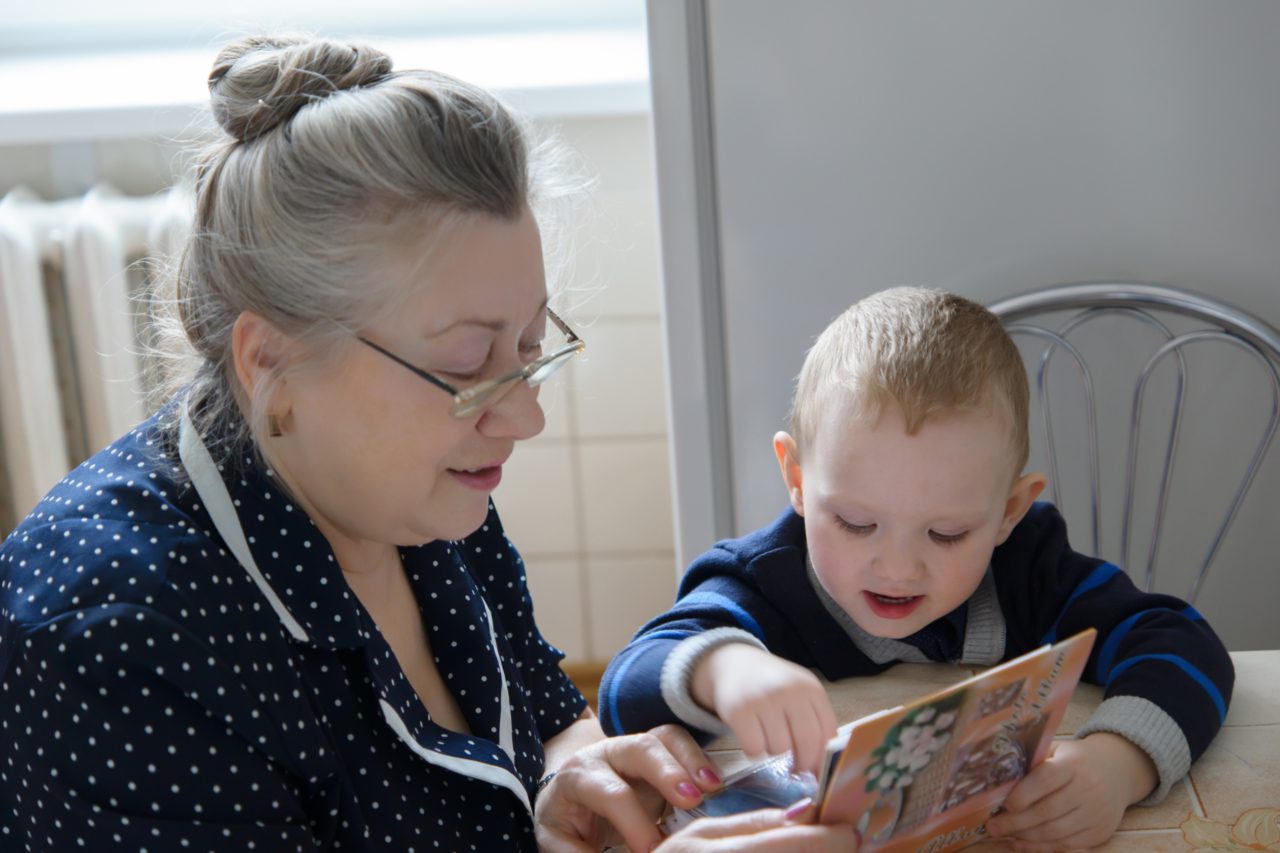There are many factors — from educational opportunities to child-caregiver classroom ratios — that make child care experiences both positive and formative for all children.
Quality childcare is difficult to find and too costly for the majority of hard working families with young children in this country. For those facing significant economic challenges, the situation is exacerbated. Long wait lists for financial assistance and spots in quality child care centers are the norm, keeping many low-income parents disconnected from the help they need to support their families.
Investments to ensure quality child care is readily available for all Americans should be a no-brainer. They make simple economic sense. In the short-term, they enable more parents to return to work and stay employed. In the longer-term, the returns on those investments are significant and lasting. Children who participate in quality early care programs are more ready for school and the workforce than those who attend programs of lesser quality, they are less likely to need remedial education or be incarcerated, and they help build stronger families and communities.
The impact quality child care can have on the country’s youngest learners is particularly profound. Babies’ brains are growing at a rapid rate — nearly 700 new neural connections are formed in the brain every second during the first three years of life. Their early experiences — regardless of whether they take place at home or in child care — shape those connections. That means ensuring the inputs they receive are as good as they can be is critical. For instance, recognizing and responding to babies’ individual needs and cues — from hunger to fear to joy — directly feeds a baby’s growing brain, building the foundation for all later development, behavior and learning. When parents work, caregivers must understand what their babies need and why, and feel empowered and prepared to meet those needs. There are many factors — from educational opportunities to child-caregiver classroom ratios – that make child care experiences both positive and formative.
Take a look at our newest infographic to learn more about the state of child care for babies in America and the critical components needed to ensure progress and success for young children now and well into their futures.
This article originally appeared in the Huffington Post. Click here for the full article.



